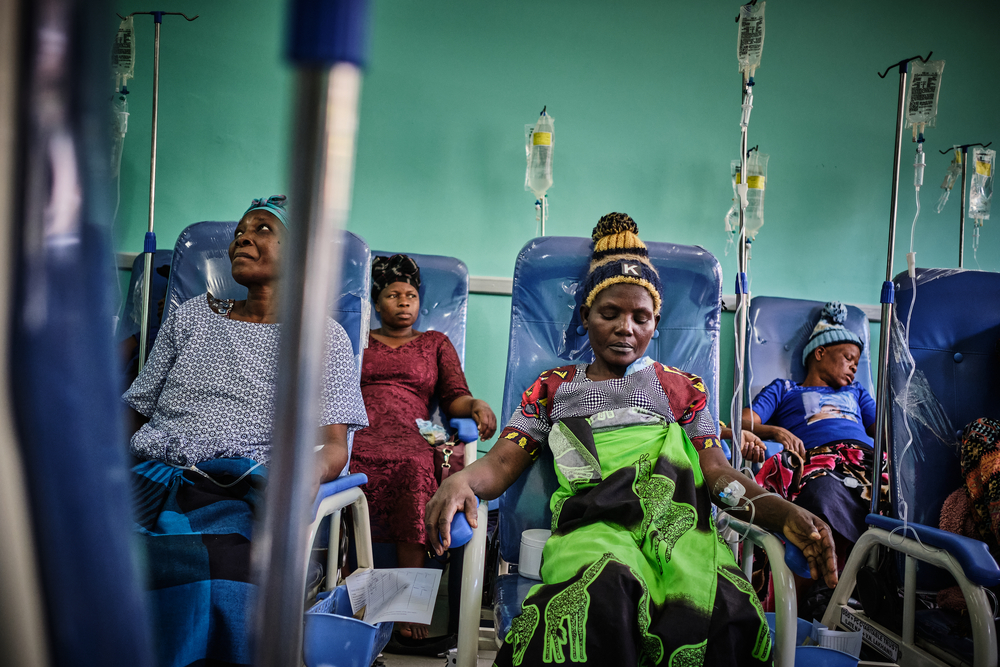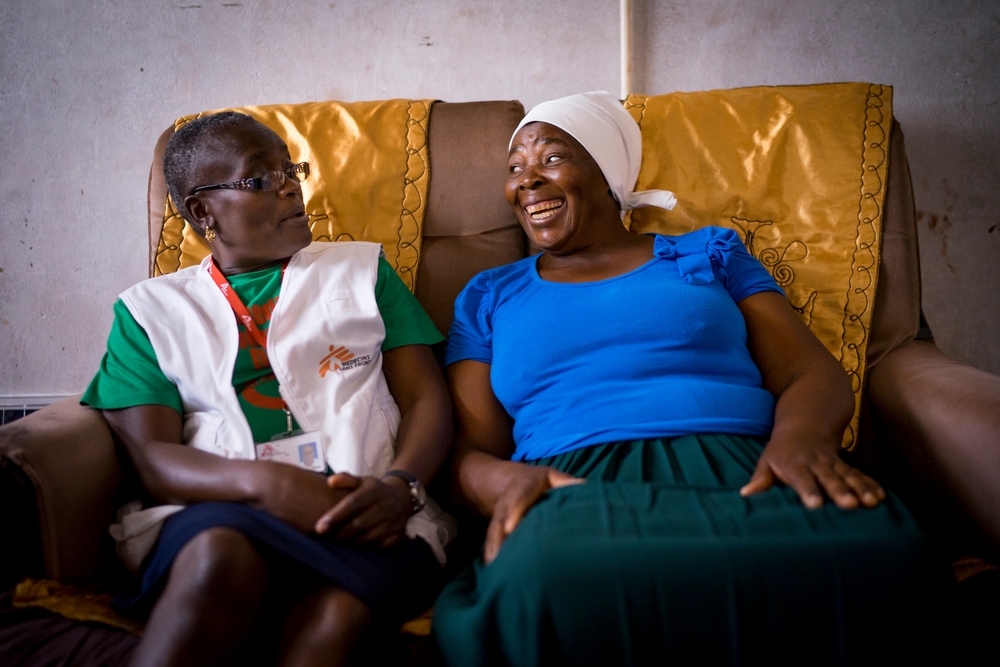We really need to imagine what it means to live with cervical cancer in Malawi: the lack of treatment options once it develops, the pain it causes, and the repudiation in some cases; it is the entire family unit that is affected in a country where nearly 10% of adults are HIV-positive!
How can we explain the fact that so many women still die from this cancer in Malawi and in many LMICs, whereas in high-income countries, this disease is easily preventable and generally less deadly?
Firstly, access to the HPV vaccine remains limited there, even though it is one of the only vaccines that can prevent a cancer, a serious cancer.
Secondly, the current screening method, based on a visual evaluation of the cervix, is unreliable. Although this method is inexpensive and has the advantage of being able to be carried out immediately in the health center, it leaves too much room for interpretation and therefore errors. This means that women who have been screened sometimes go home only to come back a few years later with a cancer that can no longer be treated.
The MSF teams really do incredible work in the field and too often have to take care of women for whom treatment options are no longer available. It is also a very heavy burden on the nursing staff.
We needed to find a way to improve this screening strategy and reduce this gap. This cancer is caused by a virus, and we must think of this fight as we think of the fight against an epidemic. Vaccination and diagnosis are our best allies.
How did this project develop?
MSF, like the rest of the players involved in the prevention and treatment of this cancer, was focused on improving the quality of screening. But when there are disagreements even among the greatest experts, the room for improvement is limited.
At the beginning of 2020, the medical division informed us of a study published by the Journal of the National Cancer Institute which highlighted the potential of artificial intelligence in photo analysis for improved detection of precancerous lesions. Based on our experience with Antibiogo, we decided to investigate the potential of AI further. Pauline Choné, a consultant at the MSF Foundation, joined us to begin this work.
We contacted the authors, including Mark Schiffman, an expert in molecular epidemiology who has been studying HPV for over 35 years within the NCI! Charlotte Ngo, MSF's oncology consultant, Pauline and I were determined to explore this avenue with them right from the first meeting. When we discussed the Malawi mission, they were also immediately on board. Without them, we wouldn’t be able to do much.



